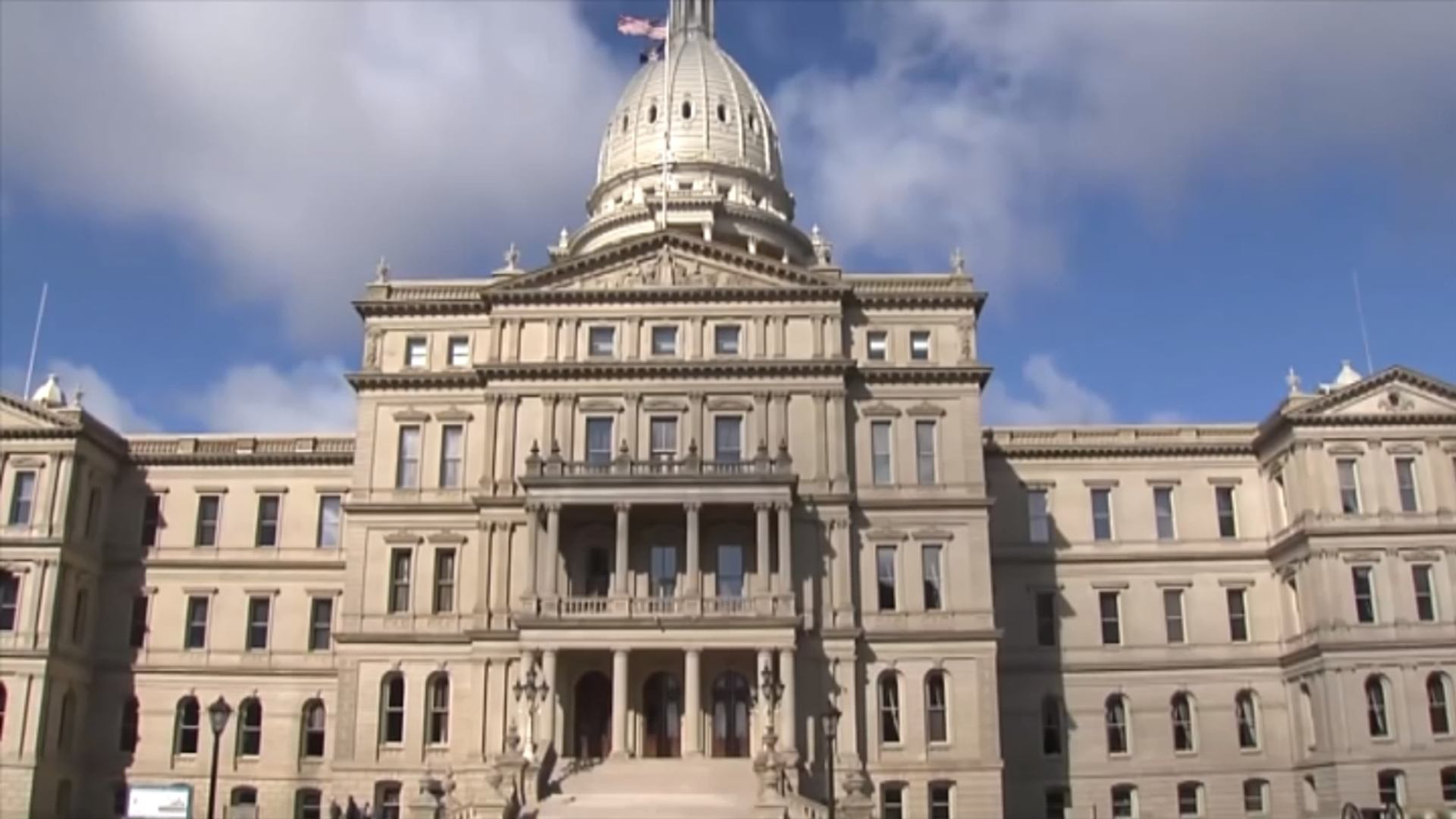Note: This story has been updated to properly reflect the final vote totals of each bill.
LANSING — The Michigan House passed long-awaited financial disclosure bills early Thursday morning following heated debate and a tense series of votes that illustrated deep divisions on the measures.
Votes were cast on the four bills over nearly an hour, finishing just before 3 a.m. The package, which would establish basic financial disclosure reports for state lawmakers and elected officials, faced a rocky passage through the House as legislators debated the effectiveness of the measures and broke from the majorities of their parties to voice their support or opposition.
SB 613, the bill establishing reporting guidelines, passed 59-49, while SB 614, which establishes similar guidelines for political candidates, passed 61-47, with two members not voting. SB 615 and SB 616, which incorporate the bills into the Michigan Campaign Finance Act, passed 61-47 and 62-46 respectively.
The bills were spurred by Proposal One, a constitutional amendment passed in 2022 that required the Legislature to pass financial disclosure bills under threat of legal action. The amendment also altered term limits for state lawmakers, allowing legislators to serve a total of 12 years in the House and Senate combined.
The proposal was the most popular in a trio of amendments proposed last year, passing with 66% support. According to the Coalition for Integrity, Michigan ranked 47th out of the 50 states in 2020 for laws governing ethics and transparency in state government.
The package meets the requirements laid out by Proposal One, creating an annual financial disclosure form that must be completed by elected officials and candidates for state office.
Politicians would be required to report any employment positions they’ve held in the last year, the employer of their spouse, a list of personal assets and investments with $1,000 in value or greater, all liabilities greater than or equal to $10,000, any future employment agreements or arrangements and all gifts received from a lobbyist or lobbyist agent, among other measures.
If politicians fail to file their annual report, they can be charged up to $1,000, while filing a knowingly false or incomplete report could result in a $2,000 fine. The House also added a measure in SB 374, an election bill regarding the size of election precincts, that would not allow candidates for office to take their seat if they hadn’t filed their disclosure report.
Support for the package among legislators was mixed, with many lawmakers saying the bills don’t go far enough to combat corruption or possible conflicts of interest in Lansing. Lawmakers from both parties broke away from their leadership to support or oppose the bills, with 17 Republicans supporting the package and 9 Democrats voting against it.
House Speaker Joe Tate, D-Detroit, said in a statement that he was proud of the package’s passage.
“Tonight, the Michigan House delivered on our promise to put people first, choosing action over complacency,” he said. “We worked in a bipartisan fashion to bring transparency and accountability to our state government, reflecting the wishes of our constituents.”
But many members expressed their dissatisfaction with the measures.
“Transparency should be our badge of honor,” said Rep. Jaime Greene, R-Richmond. “We must demand more from our lawmakers and insist on legislation that goes beyond the superficial and addresses the root causes of corruption.”
Rep. Betsy Coffia, D-Traverse City, was the sole member present to not vote on the measure. She explained later on X, formerly known as Twitter, that she does “not consent to [the] bare minimum” bills that were brought to the floor.
“We [introduced] a [package] of 10 far stronger Prop 1 bills that had been diligently worked on by our ethics chair for months. Shelved,” she wrote. “We offered dozens of commonsense amendments to close loopholes in the frankly bare minimum senate bills. Gaveled down.”
Rep. William Bruck, R-Erie, was not present for the House’s session.
Lawmakers expressed particular concern over lack of reporting requirements for travel paid for by outside parties.
Rep. Brad Paquette, R-Niles, said he was hoping for “full transparency for our constituents to see who’s facilitating all the exciting stuff where someone else is picking up the tab, while also trying to pick up our votes.”
The bills also saw the introduction of dozens of amendments, only two of which were adopted following a marathon of votes that were open for seconds at a time. The amendments added a requirement for disclosures to include whether a lawmaker or candidate’s spouse is a registered vendor with the state of Michigan or is associated with a vendor.
Some members of the Democratic caucus discussed their opposition to the package, saying they too expected stronger measures to be proposed by their party.
“I think it is important that we stood up for true disclosure and transparency today in a place where that’s not always popular,” said Rep. Jason Morgan, D-Ann Arbor. “I think what we passed tonight was certainly a lot better than the current status quo, but I still think it was worth fighting for something stronger.”
Rep. Bill G. Schuette, R-Midland, said he was disappointed with the process for considering the bills, believing the chamber should have handled their consideration differently.
“I don’t think the irony should be lost on anyone that we just passed very weak financial disclosure and transparency legislation in literally the middle of the night, very early morning,” he said. “I think that speaks volumes to the entire process of how this was done — lackluster and bad process across the board.”


